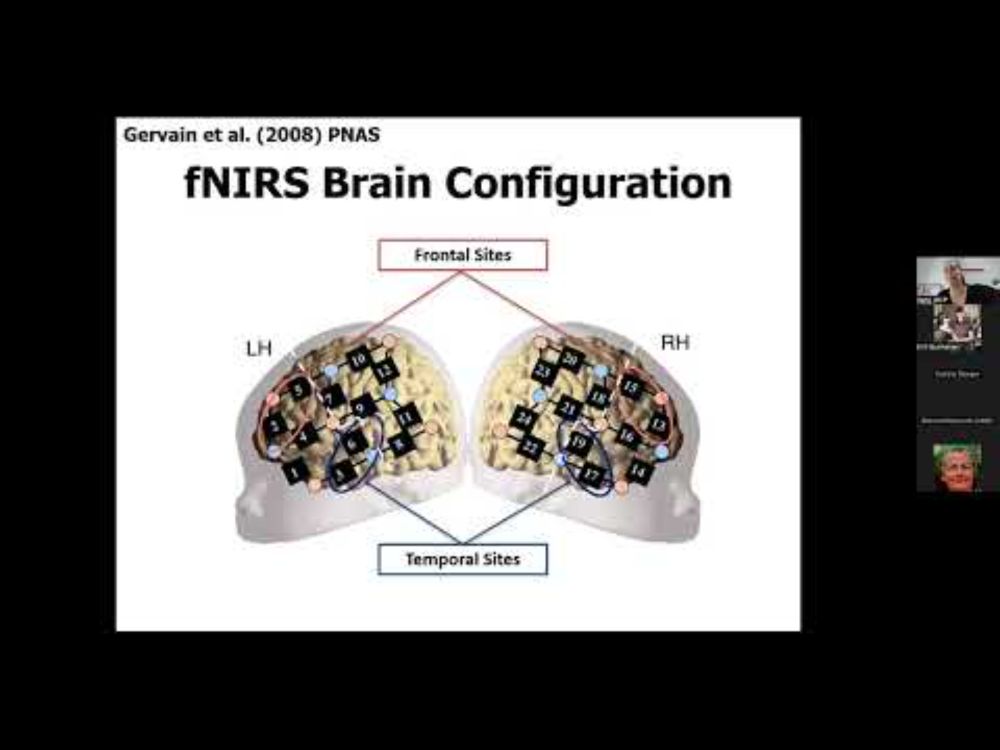
🔎 https://ryssamoffat.github.io
Thrilled to share the first paper of my PhD on heart-rate synchrony during social interactions in urban environments. @sinelabdtu.bsky.social
www.biorxiv.org/content/10.6...

doi.org/10.1162/IMAG...
@escross.bsky.social
doi.org/10.1162/IMAG...
@escross.bsky.social
doi.org/10.1101/2025...
@escross.bsky.social @lucanaudszus.bsky.social

doi.org/10.1101/2025...
@escross.bsky.social @lucanaudszus.bsky.social
www.biorxiv.org/content/10.1...
@introspection.bsky.social + @escross.bsky.social

www.biorxiv.org/content/10.1...
@introspection.bsky.social + @escross.bsky.social
👀 Two synchronised divers somersault off a tower.
👁️ You notice that one diver is rotating a little slower.
How did you notice this?
In our newest 🧠 research, we found that:
osf.io/preprints/ps...

👀 Two synchronised divers somersault off a tower.
👁️ You notice that one diver is rotating a little slower.
How did you notice this?
In our newest 🧠 research, we found that:
osf.io/preprints/ps...
Check out @andreaorlandi.bsky.social‘s awesome review for a deep dive into the aesthetics of humans movements 💃💃💃
www.cell.com/iscience/ful...
Check out @andreaorlandi.bsky.social‘s awesome review for a deep dive into the aesthetics of humans movements 💃💃💃

👀 Keep an eye out for our meerkats and other exciting resources for people who spead the good ( #openscience ) word!
#OSR2025
(1) A Zine: A story about meerkat's experiences (and burnout) in open science advocacy
& a reading list
(2) Stickers
(3) A Support platform with a map of OS activists & communication channels
#OSR25


👀 Keep an eye out for our meerkats and other exciting resources for people who spead the good ( #openscience ) word!
#OSR2025
Help needed:
Fill in the blanks in the following 12 statements about Open Science to help the group get 100 answers: buff.ly/WTtpZCA
We will play it tomorrow!
#OSR25CH #OpenScience

Help needed:
Fill in the blanks in the following 12 statements about Open Science to help the group get 100 answers: buff.ly/WTtpZCA
We will play it tomorrow!
#OSR25CH #OpenScience
authors.elsevier.com/a/1kkh3_KOmx...
#PsychSciSky #neuroskyence #Dance #CognitiveNeuroscience #Neuroaesthetics #BrainScience
authors.elsevier.com/a/1kkh3_KOmx...
#PsychSciSky #neuroskyence #Dance #CognitiveNeuroscience #Neuroaesthetics #BrainScience
New preprint: “It’ll cheer you on!” Children with and without reading difficulty value robot reading companions that are smart, supportive, and personal
osf.io/preprints/ps...

New preprint: “It’ll cheer you on!” Children with and without reading difficulty value robot reading companions that are smart, supportive, and personal
osf.io/preprints/ps...
From Nov '23 to June '24, we collected an amazing data set with the help of 122 of #Zurich's finest young adults and senior citizens.




From Nov '23 to June '24, we collected an amazing data set with the help of 122 of #Zurich's finest young adults and senior citizens.


Today, Medea Häuselmann and I selected one jointly-drawn piece per participant pair that completed our #longitudinal study on #intergenerational relationship development.

Today, Medea Häuselmann and I selected one jointly-drawn piece per participant pair that completed our #longitudinal study on #intergenerational relationship development.
Focus: language and 🧠
As an alumnus, would recommend and I’m happy to answer questions.
P.s. this is how I got into #fNIRS!
Focus: language and 🧠
As an alumnus, would recommend and I’m happy to answer questions.
P.s. this is how I got into #fNIRS!
I highly recommend throwing your 🎩 in the ring! Instructions for journal club pieces at the bottom of the @natrevpsych.bsky.social webpage:
www.nature.com/nrpsychol/co...
I highly recommend throwing your 🎩 in the ring! Instructions for journal club pieces at the bottom of the @natrevpsych.bsky.social webpage:
www.nature.com/nrpsychol/co...
🙏 @tanjaulrich.bsky.social + @escross.bsky.social for the company!

🙏 @tanjaulrich.bsky.social + @escross.bsky.social for the company!
Irene de la Cruz-Pavía presented work on artificial grammars, “ManyBabies3NIRS: A multi-lab replication study of infants' and adults' neural responses to repetition-based regularities using NIRS”:
Recording here: www.youtube.com/watch?v=J7Nb...
@manybabies.org




stimulatingbrains.org/63-mark-mcau...



… it’s interpersonal #synchrony!
Check out this bite-size piece I wrote on matching rhythms in body movements 🤸🤸♀️ and brain activity 🧠🔁🧠: rdcu.be/dxDDL
… it’s interpersonal #synchrony!
Check out this bite-size piece I wrote on matching rhythms in body movements 🤸🤸♀️ and brain activity 🧠🔁🧠: rdcu.be/dxDDL

